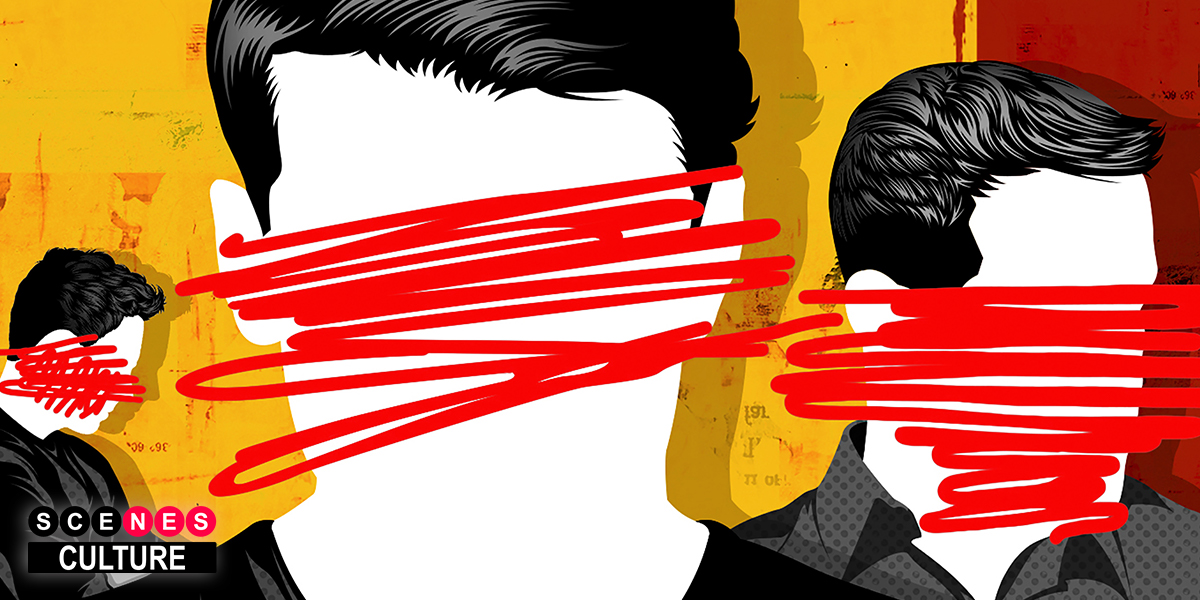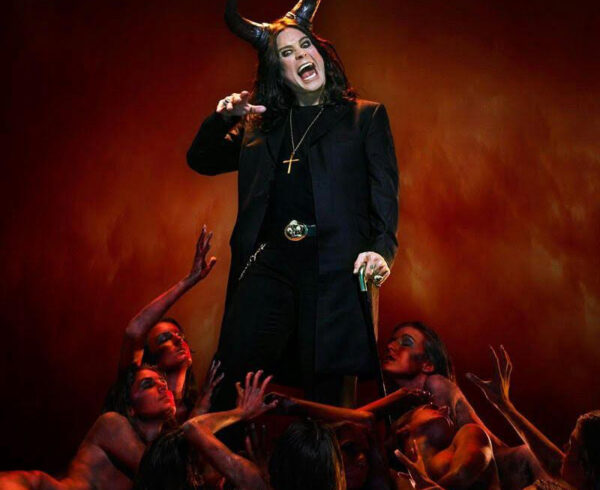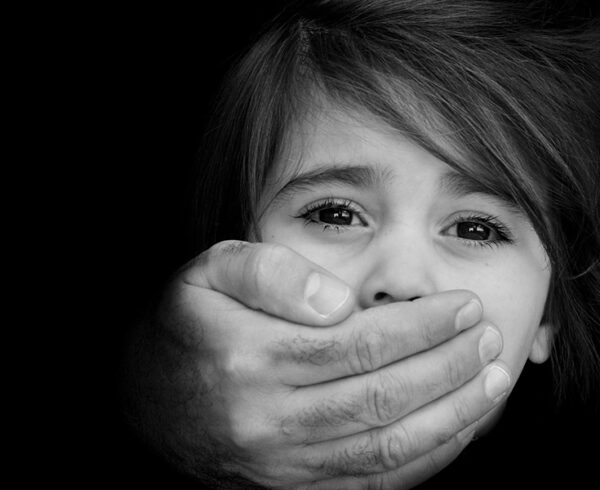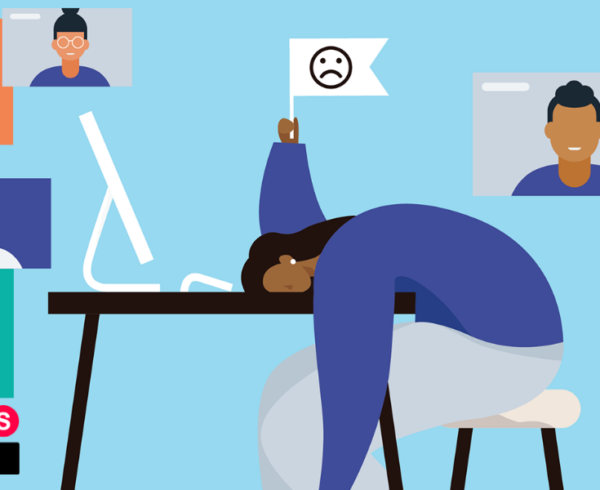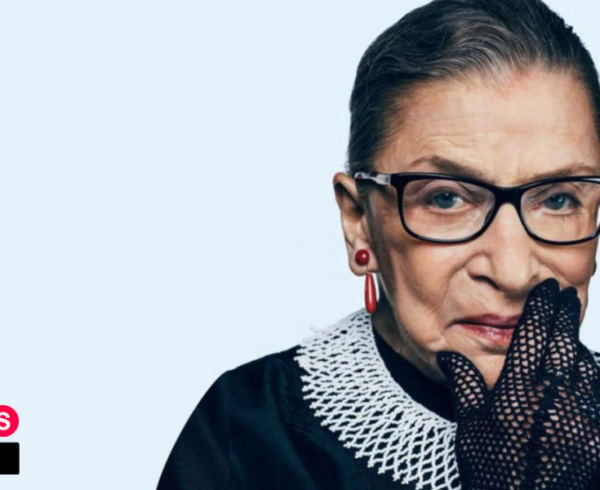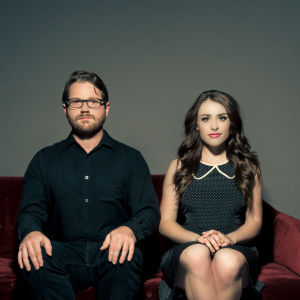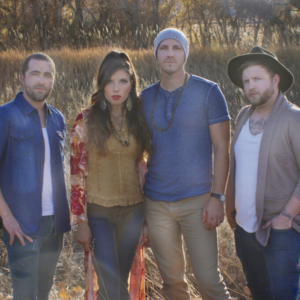“The object of life is not to be on the side of the majority, but to escape finding oneself in the ranks of the insane.”
That maxim by Marcus Aurelius was recently cited by Andrew Sullivan. It’s a succinct key to Sullivan’s thinking these days. The popular and controversial journalist, fifty-seven, has no love for conservatism, yet he has become shocked at how liberalism over the last few years has become censorious and authoritarian.
Critical race theory. High-tech censorship on social media. Target removing a book critical of gender reassignment surgery. College campuses policing political thought. No one seems safe from the new PC scolds – not even liberals like Sullivan.
Leftist journalist Glen Greenwald recently left the site he co-founded, the Intercept, citing cancel culture. “The same trends of repression, censorship and ideological homogeneity plaguing the national press generally have engulfed the media outlet I co-founded,” he wrote, “culminating in censorship of my own articles.”
In July of this year, Sullivan, once the editor of The New Republic, announced that he would no longer be writing his column for New York magazine: ”What has happened, I think, is relatively simple: A critical mass of the staff and management at New York Magazine and Vox Media no longer want to associate with me, and in a time of ever tightening budgets, I’m a luxury item they don’t want to afford. And that’s entirely their prerogative. They seem to believe, and this is increasingly the orthodoxy in mainstream media, that any writer not actively committed to critical theory in questions of race, gender, sexual orientation, and gender identity is actively, physically harming co-workers merely by existing in the same virtual space. Actually attacking, and even mocking, critical theory’s ideas and methods, as I have done continually in this space, is therefore out of sync with the values of Vox Media. That, to the best of my understanding, is why I’m out of here.”

